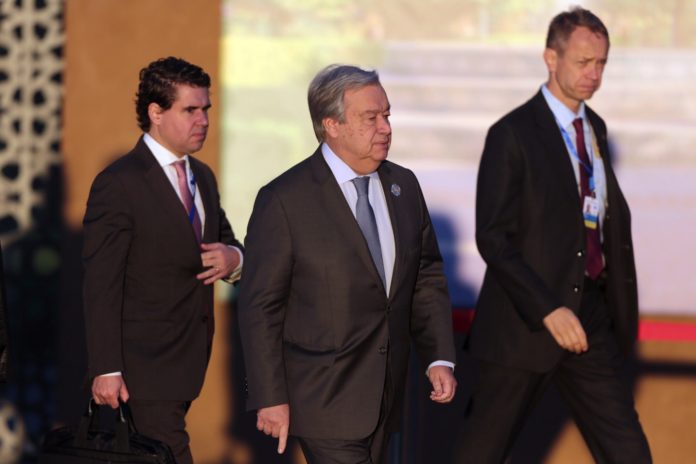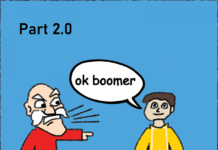The first ever international pact on global immigration titled the Global Compact for Safe, Orderly, and Regular Migration has been signed by a majority of the UN states on 10 December 2018. This agreement has been hailed as an international effort to save lives and to improve the welfare of migrants by speeding up the processing and acceptance of immigrants into the respective social welfare systems of the participating countries. What the mainstream media is not really pointing out is this non-binding agreement was signed by 164 countries with 12 countries to include the US, Austria, Australia, Chile, Czech Republic, Hungary, Poland, Italy, Latvia, Slovakia, and the Dominican Republic refusing to sign the agreement. Six additional countries are openly debating whether to pull out of the agreement altogether as well as others not yet openly disclosed. The Secretary General of the UN, Antonio Guterrez remarked that “60,000 migrants have perished since 2002” in trying to find a better life for themselves and that this was a moral imperative.
This agreement was pushed for by Angela Merkel, Chancellor of Germany who was given a standing ovation at the ceremonies for opening the doors and accepting hundreds of thousands of refugees into her country at the height of the Syrian crisis. She spoke of the suffering during WWII caused by the Nazi regime. In some ways, Germany has always had a very guilty conscience with regards to its culpability in the extermination of over a million Jews in Europe during World War II.
Where this agreement becomes troubling is the vision of a global framework that all must adhere to accept migrants into their home territories. At issue is the idea of surrendering local and national jurisdiction on who you let into your country to a global immigration policy even if it is currently non-binding. The objective of this agreement is to provide a fast-track to allowing immigrants through the border and getting them into the social welfare system of the host country so they can be provide with food, shelter, healthcare, and education for the immigrant children. For countries that are trying to keep out immigrants due to their burden and cost on the social support systems of the country, this is not something they want to support. Also troubling is the recent EU initiative to mark any objection to immigration as a “hate crime” to be criminalized and punished.
It remains to be seen the long-term sustainability of such an agreement and what its impact would be on world migration. Indeed, a day after the signing, Brazil just announced its intention to withdraw from this treaty. However, the road to ruin is often paved with good intentions but that doesn’t stop people with good intentions from trying.


























This article contained more information than I have read from any source. Thank you and keep it coming!!
Thank you. GLM’s goal is to bring all the facts of the matter to the table and to highlight misleading media coverage that pervades mainstream media outlets.
Thank you for this article.
Thank you very much. Our mission is to bring our readers perspectives that the mainstream media fails to provide. Please also visit our two Facebook groups called Global Liberty Media and our discussion panel at Thomas Sowell Foundation.